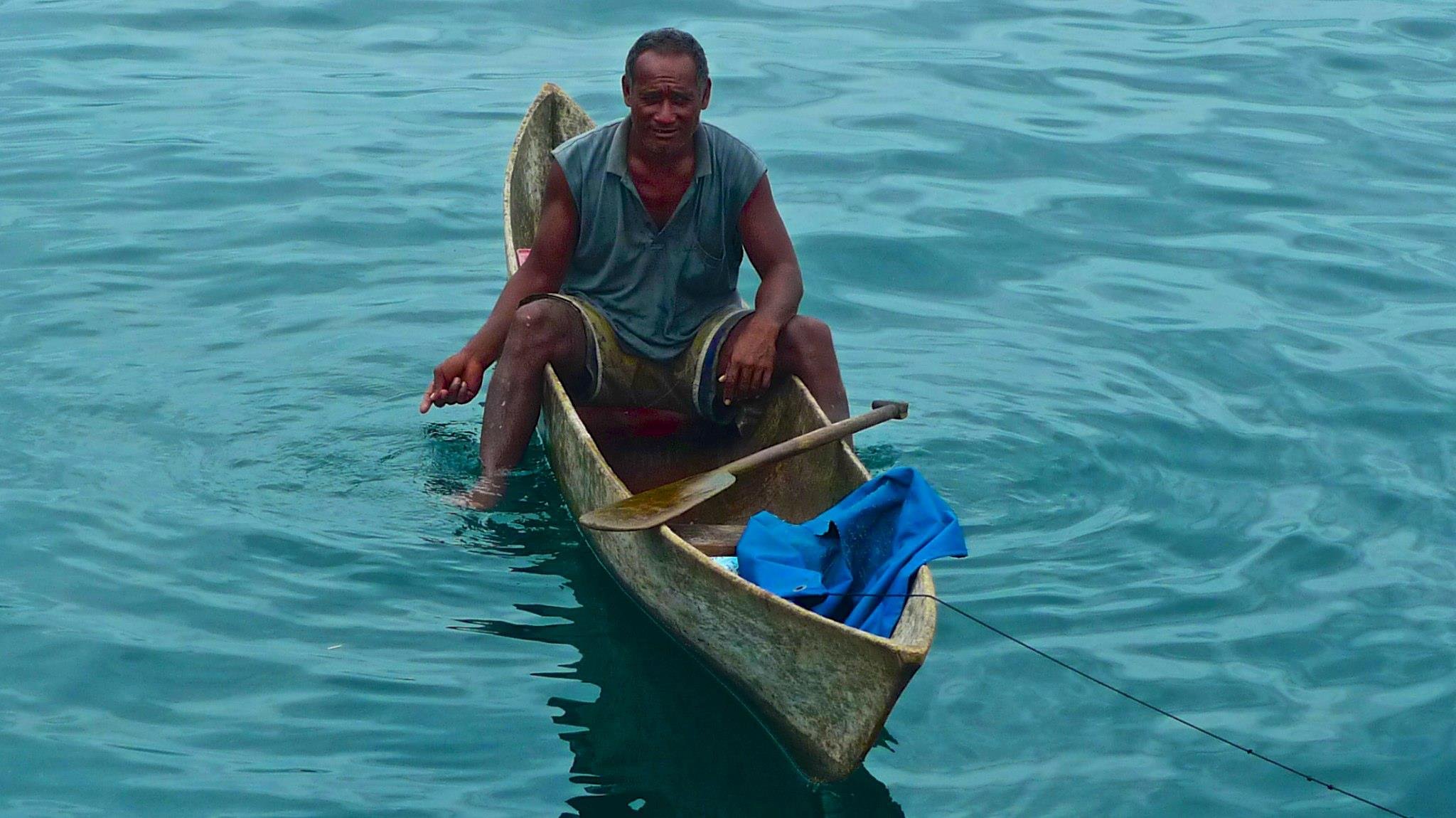I read a lot about climate change impact on fisheries distribution and management, some of which I have shared in many blogs in the recent past.
Yet this paper brings two very interesting aspects for me; first, it deals with fishers' rights under climate change from international law and human rights legal framework, and two because, I got to know one of the authors last year as an alumnus of the Rhodes Academy I was part of.
Julia Lima Weston is one of those really bright young people that seems to do everything right, and I loved the fact that our conversations could move fluidly between Portuguese, Spanish and English. So it was very nice to see her name in this really original paper
As usual, I strongly recommend you read the original; meanwhile, I quote the abstract and conclusions.
Abstract
Climate change directly impacts the marine landscape where fishers operate. Most fishers rely on fishing for food, income and/or employment. A changing ocean can therefore significantly impact fishers’ lives and hinder the full exercise of their rights of access to fisheries resources, rights to fish, to food, to work, to culture, and to a healthy, clean and sustainable environment. This article questions whether international law supports the protection of fishers’ fundamental rights in the changing ocean context. The authors begin by elucidating what such context means to fishers and their rights, taking special account of small-scale fishers and vulnerable groups. The obligations of States Parties to key instruments under the law of the sea and international climate change law, vis-à-vis States’ obligations under human rights treaties and other relevant international guidance, are explored with a view to furthering the protection of fishers impacted by a changing ocean.
Conclusion
Fragmentation in international law requires interpreting and using treaties, principles, approaches and non-binding instruments from different legal regimes in a systemic, integrated and mutually supportive manner. In examining the support of the human rights, law of the sea and climate change regimes to the protection of fishers in the changing ocean context, special account has been taken of small-scale fishers and other vulnerable groups. Current and future developments are and will show whether duty-bearers will take the necessary actions and measures to further such protection. Many possibilities exist to advance this protection, including, but not limited to, providing capacity development and awareness-raising by governments, international organisations and non-governmental organisations in close collaboration with fishers, particularly for the development of adaptation plans and tools. Special rapporteurs can play a key role by elucidating, in their country visits, the challenges and identifying solutions to strengthening the protection of fishers’ rights in the changing ocean context. Notably, thematic reports can focus on this particular topic to deepen the analysis of the matter, and involve and draw the attention of multi-stakeholders to address this issue.
Fishers directly or through their representatives could also take the initiative in seeking the full realisation of their rights or claim reparations or compensation for past and current rights’ violations. Remedies through the justiciability of certain rights may change according to the rights themselves being justiciable within States’ own national systems, affecting primarily social, economic and cultural rights. Litigating on human rights in order to address climate change impacts is not a new tactic and has been increasingly used by civil society to achieve the clarification of certain human rights obligations in the light of climate change impacts. Fishers’ communities may initiate cases under human rights treaty monitoring bodies, as well as other international or regional human rights courts and tribunals, after having exhausted domestic options and following the applicable procedures. Ensuring fishers participation in the design, implementation and monitoring of climate change prevention, adaptation and mitigation measures, policies and programmes is fundamental, and enables the contribution of fishers’ traditional knowledge and perceptions of climate change. This participatory approach to climate change decision-making in fisheries can be realised by the undertaking of socio-cultural environmental strategic and impact assessments prior to the development of plans, policies, programmes and undertakings with potential to cause significant environmental impacts.
Specifically, the participation of small-scale fishers in decision-making processes requires consideration of their representation, cultural aspects and integration of their views and traditional knowledge, as well as access to information in a way that is easily understood by small-scale fishers.
It is crucial to read, interpret and apply the forementioned treaties, international guidance and technical documents in conjunction with each other so as to strengthen the protection of the fundamental rights of all fishers in the face of climate change. Comprehensive guidance from UN agencies could help in consolidating the recommendations from the applicable regimes in a coherent and mutually supportive manner, furthering the protection of fishers’ fundamental rights in a changing ocean context. Additionally, as certain treaty monitoring bodies have already advanced the climate change discussion in their forums by issuing general recommendations (in the case of CEDAW) and general comments (CRC), which elaborate on States’ obligations under those treaties in the climate change context, it remains to be seen whether other treaty monitoring bodies, including the Committee on the Protection of the Rights of All Migrant Workers and Members of their Families, will do the same. Furthermore, regional human rights instruments also include monitoring mechanisms that are specific to each region’s peculiarities. Notably, this is illustrated by the IACtHR jurisprudence on Indigenous peoples’ human right and its ground-breaking advisory opinion which clarified the correlation between human rights and the environment. These can also be pathways through which State obligations can be clarified. Many possibilities indeed exist, and it is hoped this article has contributed to clarifying some options for furthering the protection of fishers in the changing ocean context.
